About the benefits of ugliness and the beauty of imperfection ...
"I hadn't prepared for this competition, I'm naturally ugly," said Mison Sere (42) from Zimbabwe. In the 2015, Mison was awarded the prize for The most ugliest man in the world. This resident of a poor South African republic can only thank God for turning the title of the former triple champion last year. Mison received a $ 500 prize that would be very useful to him. Since poverty in Zimbabwe is huge and Mison is unemployed, this award will help him survive at least another critical period of famine that is common in this country. The proud Zimbabwean is not ashamed of his physical defect. He's even proud of it. With his big, carved smile, Mison sent a message to the world that the ugliness can be one of the key elements of success in life ...

Blind dog and confused Venus
People of unpleasant appearance are often characterized as ugly. The category of ugly, however, is much more than a term that refers exclusively to members of the human species. The entire history of culture, besides beauty, is equally obsessed with ugliness. Uglinees can cause the most powerful emotions: fear, disgust and pity. At the same time, it intrigues and excites, it is inevitable and present all around us.
In some countries, when you want to offend someone, it is common to say: "Ugly as a dog".
The residents of Northern California took this insult literally. They organized a competition for the world's ugliest dog. Thanks to them, Pekingese Sam won the world fame and his picture became very popular across the world. This blind dog had been wining the prize for three years in a row, until 2005 when he died. Thanks to his ugliness, Sam also received several television roles. Pekingese met many celebrities, including the famous American businessman and President of America Donald Tramp (1946).
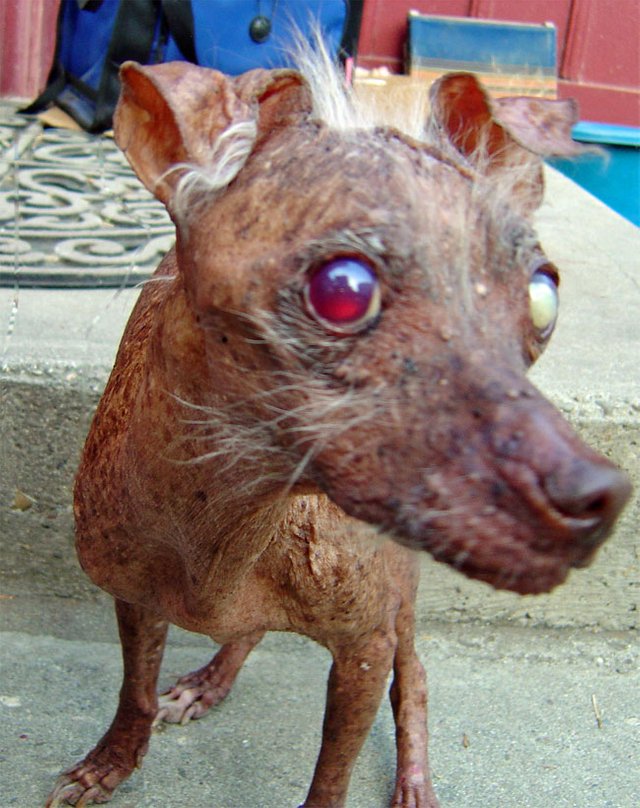
Almost everyone agreed in one thing: “This dog is extremely ugly”. However, in some cases it is not easy to determine the level of someones beauty. If, by any chance, the splendid Venus from the canvas of the Renaissance painter Boticelli (1445-1510) appeared on a modern catwalk, she would probably not fit into the ruling model of beauty. The once-accustomed Boticelli's beauty would have been criticized for overweight, unsettled haircut and probably much more...
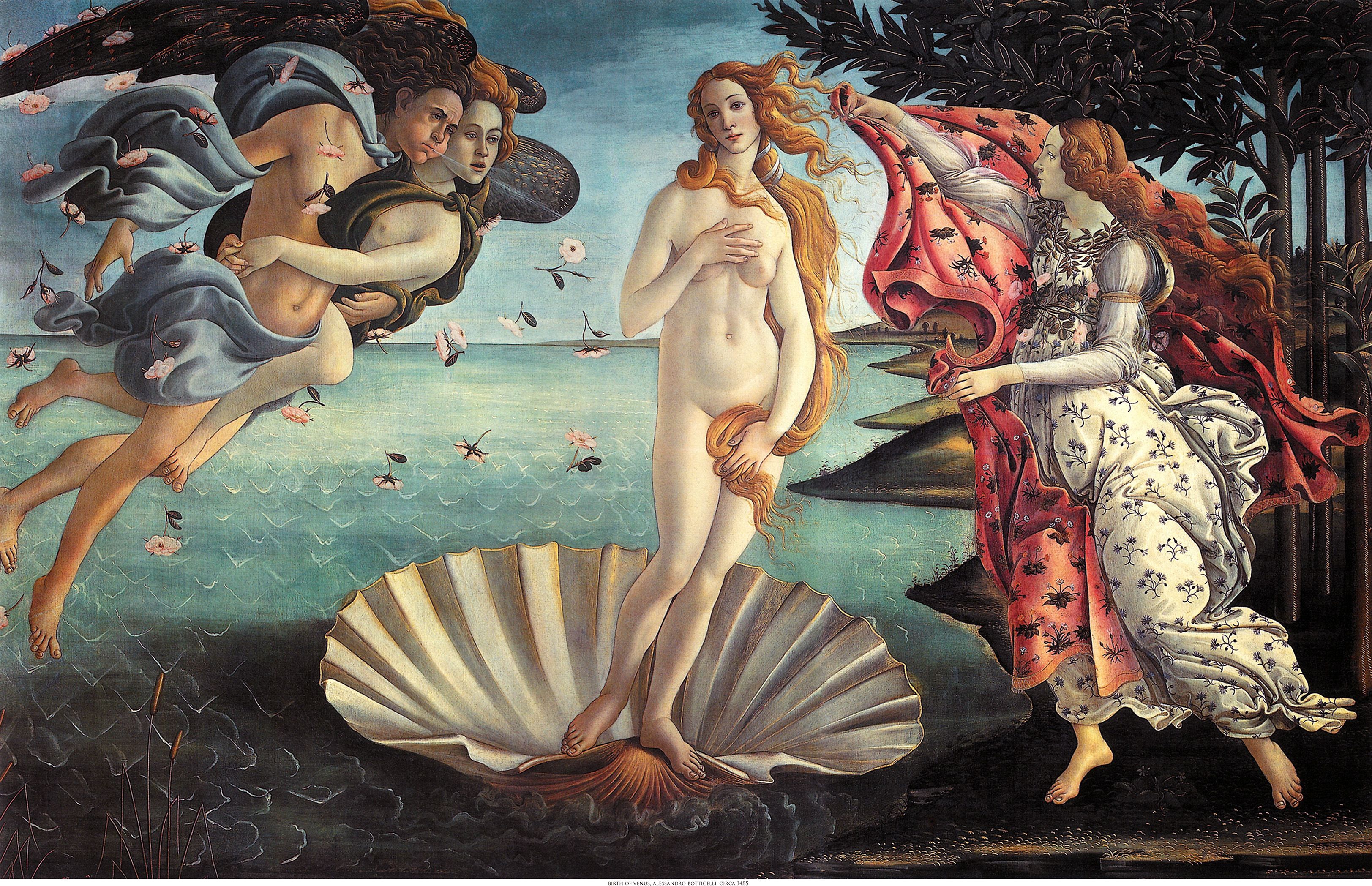
In contrast, some of the ritual African dance maskes would be very unpleasant to the modern observer. Meanwhile, in African tribes, they are considered to be a expression of the greatest comfort and benevolence. It is also known that Ethiopians of extremely dark skin are considered to be the most beautiful ones. With beauty you never know. That’s why the French writer and philosopher Walter (1694-1778) used to say: “For the frogling, his female is the most beautiful thing that exists.”
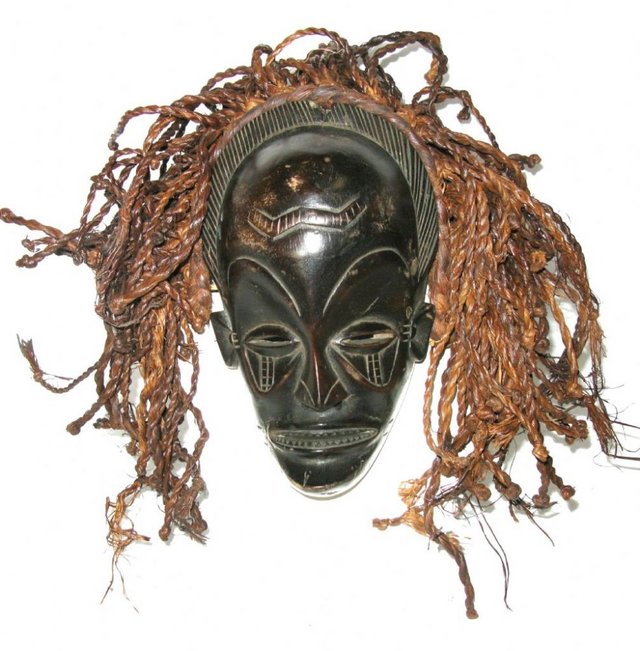
Beauty is what you love
Why are people beautiful or ugly and is it relative? Aesthetic surgeons believe that the beauty of a each person depends, above all, on symmetry of someone face. The ratio of beard, lips and nose is very important. It dictates the conditions for beauty. If the facial features are correct, it is more likely that someone will be beautiful to us. However, psychologists warn that our personal emotional attitude towards a person can also affect the experience of someones physical appearance.
This means that someone who is “objectively ugly” can become beautiful if we are in love with his qualities. That's exactly what's happening in opposite direction.

We usualy don’t like beautiful people if they have bad qualities. That makes us spot all their physical flaws. Ugliness, apart from proportions and emotions, also depandes on differences in cultures. White people often can not distinguish members of the yellow races, while they among them have special criteria for beauty that other races are not familiar with.
It is same with "nice" and "ugly" behavior. Souring of soup and squashing during meals is considered to be properly in some Eastern cultures, while in Europe such behavior is considered to be very rude.
Realizing the unquestionable importance of ugliness for the entire history of culture, and particulary history of art, italian writer, esthetician and philosopher Umberto Eco wrote "On Ugliness". This book follows the phenomenon of ugly since its very beginnings- from the beginning of civilization until now.
Eco, among many observations, concluded that beauty and ugliness are closely connected and that they always have something to say about each other. Ugliness is necessary for people, and without it, they probably would not know how to appreciate what is on the other side.
The blessing of the ugliness and the big feet
The attitude towards ugliness has changed over the centuries. The Greek philosopher Plato (427 -347 BC) in his famous "Republic" warned that “ugly things should not be shown to children, because they can be harmful”. The Italian humanist Ortenzio Lando (1510-1558), however, considered that its better to be ugly than beautiful.
As argument for his claim, he pointed out the fact that almost all philosophers were ugly. Among them were ancient Greek philosophers Socrates (470 BC-399 BC) and Zenon (490-430 BC).
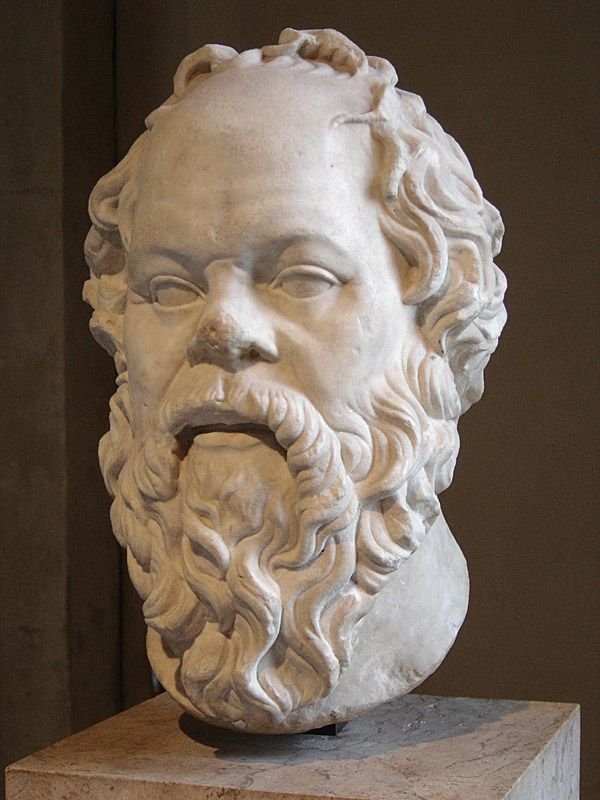
Apart from being unpleasant, ugliness also has something mysterious and seductive. Evidenced for that is old cult of worshiping the monsters and supernatural beings that were once represented in mythology, while today we meet it in different, mostly scientific-fantastic contents.
Christian philosopher and bishop Saint Augustine (354-430) in the fourth century bravely defended the monsters, calling them God's children. He believed that monsters contribute to the general order of things. “If there havent been for those ugly creatures, as he said, we would not even know how beauty and kind look like.
Apart from mentioned benefits of ugliness, it is believed that certain defects and irregularities in the facial and body shape can tell much about the character of their carrier. A special field in science that studies the human characteristics on the basis of a person's face is called physiognomy and its beginnings are found with the Greek scientist and philosopher Aristotle (384-322 BC), who believed that brave people are recognized by the great feet. If Aristle saw a man with big teeth, he consider him cruel. In his opinion, the high-necked head would mean that someone is dumb, while those with thick lips were described as dull.
An ugly woman and a spiteful interval
Beside beauty, special attention in the history of art was given to the female ugliness. In the past, it was mostly related with the destructive power of seduction. The Christian apologist and writer from Cartagena Tertullian (160-225 AD) condemned the entire feminine genus, particulary the women who painted their hair. In that way, they were embaressing their motherland. The color of hair was one of the main signs of nationality recognition. Women who betrayed their mothereland by painting hair were publicly despised. Ortenzio Lando did not agree with Tertullian. According to him, the woman's ugliness had many advantages, since ugly women are less sinful and prone to proper spiritual rise.
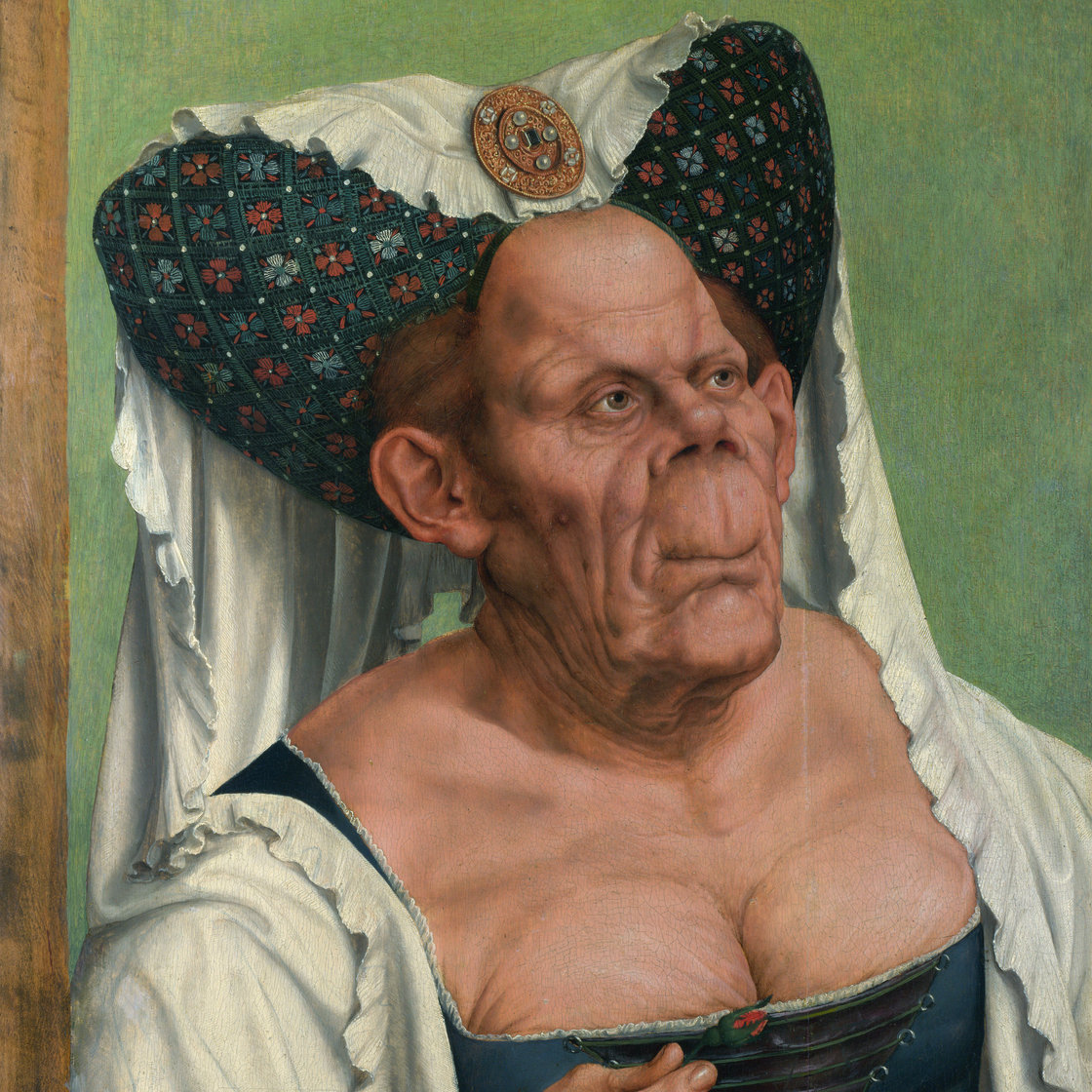
Umberto Eco also described something called "musically ugly". For example, this is the interval of excessive quintile, which in the Middle Ages was called “diabolus in musica”, that would mean “devil interval”. However, it slowly became accepted and today we can often hear this interval in almost all hevi metal songs.
Eco also noticed that this interval is common in the performances of American singer and guitarist Jimmy Hendrix (1942-1970), as well as in the songs of the famous band Purple Haze.
Except the music, ugliness is present in the modern world in many ways. TV violence has become a reflection of everyday life and some artists use it as way of criticizing the worlds cruelty .
Perhaps, they do it with performances and public appearances in which they consciously and deliberately hurt their bodies. One of the most famous performers of this kind is the Serbian artist Marina Abramović (1946). For Marina, pain and exhaustion of the body are most important way to protest against the ugliness of modern age.

Welcome to Steemit. You write nice post. I hope you will have good time here. :)
Downvoting a post can decrease pending rewards and make it less visible. Common reasons:
Submit
Hi Ana. Thanks a lot! :)
Downvoting a post can decrease pending rewards and make it less visible. Common reasons:
Submit
ahahhahahha.... One of the post i have read today! Keep it up. Just dont think you are better me :P
Downvoting a post can decrease pending rewards and make it less visible. Common reasons:
Submit
Very interesting topic! Great post! :-)
Downvoting a post can decrease pending rewards and make it less visible. Common reasons:
Submit
Thanks! Very kind of you! :)
Downvoting a post can decrease pending rewards and make it less visible. Common reasons:
Submit
Ok, Apon. Of course you are the best! :D
Downvoting a post can decrease pending rewards and make it less visible. Common reasons:
Submit
@srba Bravo!This is a nice homage to Ecco-s work. He is one of my favorite philosophers (semiotics, writers...) I have a text on History of beauty, I took it as a topic while on my master year. I'm hoping to have it translated and steemed! Sorry, can you help me- why can't i find the resteem button for your text?
Downvoting a post can decrease pending rewards and make it less visible. Common reasons:
Submit